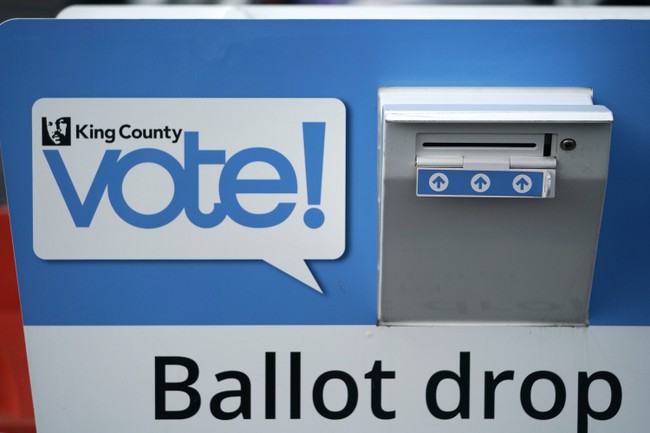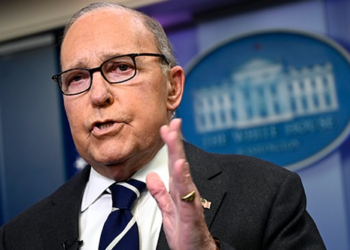
The U.S. Supreme Court (SCOTUS) will hear a case that will decide if Election Day actually exists in America anymore. SCOTUS will decide if states can accept mail-in ballots days after the designated Election Day.
The U.S. Constitution designates Election Day, but leaves it to the states to hold the elections. As a result, several states have adopted rules that literally change the meaning of Election Day by counting ballots, usually mail-in votes, after Election Day has passed.
The case is out of Mississippi, which allows the state to accept mail-in ballots for up to five days after the election. Mississippi filed a lawsuit after the Fifth Circuit Court of Appeals decided that accepting ballots after Election Day was illegal in a Louisiana case. Yes, it’s complicated.
Now that the Supreme Court has granted a hearing on the case to decide once and for all the question: Do federal Election Day statutes preempt a state law that allows ballots that are cast by Election Day, but not received until after that day?
BREAKING: The Supreme Court will take up the case of Watson v. Republican National Committee– which will decide if mail-in ballots received after Election Day can be counted.
At least 18 states allow this– including Nevada, Pennsylvania, and North Carolina. pic.twitter.com/bpZXO4cTkU
— Greg Price (@greg_price11) November 10, 2025
J. Christian Adams, a PJ Media colleague whose day job is running the Public Interest Legal Foundation, which deals only with election law, told me, “The most destabilizing aspect of elections is uncertain outcomes fueled by late-arriving ballots.” He said that he had a similar issue in one of their recent cases. “PILF sued North Dakota to end this, and finally, it appears we will get some finality in the Supreme Court,” he told PJ Media.
Judicial Watch’s Tom Fitton, whose organization wrote an amicus (friend of the court) brief in support of the Supreme Court taking the case, said, “The Supreme Court now has an opportunity to reaffirm that ‘Election Day’ means what it says under federal law.” He said that, “Counting ballots received after Election Day not only violates federal law but encourages voter fraud and undermines voter confidence.” This is objectively true.
America should get rid of the wholesale use of mail-in ballots altogether, but this is a step in the right direction.
Voter fraud or impersonation happens, as PILF found out recently, when Ohio forwarded a thousand voter fraud cases to the Department of Justice.
Last week, Ohio sent more than 1,000 cases of alleged #voterfraud to @TheJusticeDept @AGPamBondi https://t.co/ggJLBLSmwo
— Public Interest Legal Foundation (@PILFoundation) November 6, 2025
Several states, including Oregon, Washington, and Maine, are fighting to hide their voter rolls from voter integrity groups that want to inspect them to determine if dead or illegal voters are on them. Indeed, the DOJ is suing California, Michigan, Minnesota, New York, New Hampshire, and Pennsylvania for their failure to produce their voter rolls so people can check if only living and legal voters are on them.
California notoriously has had more votes than registered voters in recent elections. In Washington, thousands of voters on the rolls are not connected in any way to identification or addresses in the state, but the state still counts their votes.
If SCOTUS finds that receiving votes after Election Day is illegal, it will go a long way toward restoring some confidence in American elections. Wiping out mail-in ballots should be next on the voter integrity to-do list.
You have no country if you have no voter integrity. It’s crazy that people can flood the zone with ballots received days after Election Day — that’s no way to run a country. To stay on top of these issues, consider becoming a PJ Media VIP Member. You receive all sorts of unique and exclusive content and get to watch our cool videos, too.
Get 74% off right now while the Schumer Shutdown discount is still available! Use this link and the promo code POTUS47 to get the best deal of the year!










